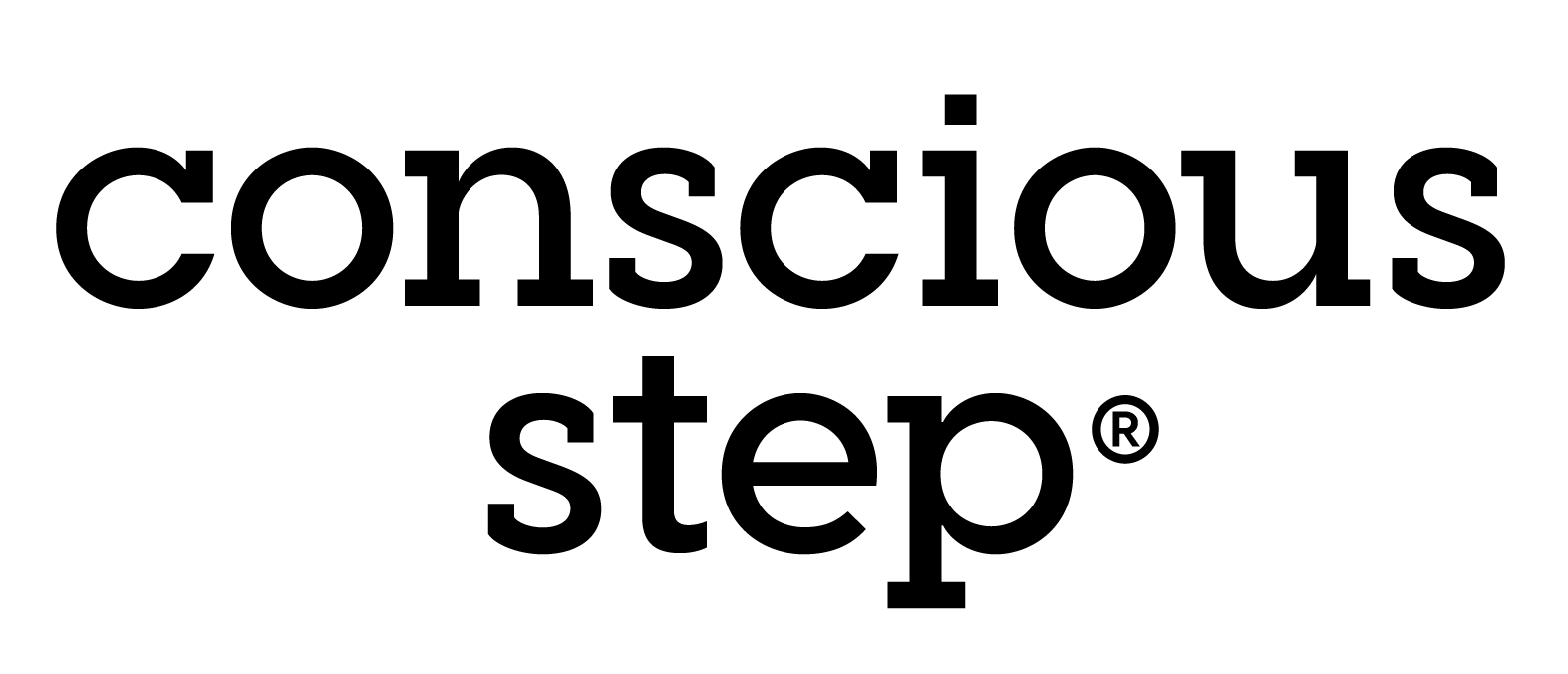
The Fairtrade principle is simple.
Consider this. When you delight in your daily morning caffeination ritual at the local cafe, you spend $3.50 on a cup of coffee. Have you wondered what percentage of this goes to farmer growing the crop itself? Roughly less than 5 cents! The bulk of your money has gone to the shippers, roasters and retailers. Sounds unfair, doesn't it? Even though much more goes into a cup of coffee than the planting and harvesting, surely farmers deserve a slightly better deal.
"Of the $3.50 you spend per cup of coffee, have you wondered what percentage goes to the farmer growing the crop itself? Roughly less than 5 cents"
Coffee is just one example. The same is true for a number of things that we consume daily without thinking about how they are made and by whom. Most of our clothing, for instance, is made with cotton. The global fashion and clothing industry is worth close to $2.5 trillion. Yet, in leading producers of cotton like India, many farmers live in hardship and debt. In the race to supply cheap cotton items on a large scale, those at the bottom of the supply chain are often neglected.
This is why Fairtrade exists. A recent study found Fairtrade Cotton to be fives times better socially and environmentally than conventional cotton. As the name implies, Fairtrade first and foremost ensures the farmers get fair compensation for their work. But it also helps develop the farmers' local communities, by investing in education and healthcare, and protect their local environments through encouraging sustainable and organic farming.
Socially Fairer and Environmentally Friendlier
-

- Students from Xitou Elementary School play near a wall surrounding the campus, built with Fair Trade premium support. Many of the students in this community are from organic tea farming families that work with Fair Trade USA through farmer associations. Xitou, Wuyuan, Jiangxi province, China. April 26, 2013
Fairer wages
Rather than being exploited by middlemen or buyers, the producers of the products which you love to consume deserve better livelihoods. They deserve incomes that are secure and sustainable. Fair trade ensures this by enforcing a minimum price which protects farmers when prices fall below a certain level. This guarantees farmers are always paid fairly and don't take on debt.
Uplift rural communities
Not only do Fairtrade products help to alleviate poverty but also to develop these disadvantaged communities. Farmers receive an additional sum of money – the Fairtrade Premium – which goes to a communal fund dedicated to improving education, healthcare, farm investments and the general development of their communities. Farmers then democratically decide how to spend this premium to improve their communities, businesses and environment.
Protect the environment and combat climate change
Fairtrade producers also follow strict, monitored environmental standards. These standards encourage practices that don't have a destructive effect on local ecosystems, manage soil and water quality, preserve biodiversity and monitor carbon emissions. These are things often overlooked in conventional trade as farmers struggle to earn a decent living and are constantly pushed into using environmentally destructive chemicals and techniques to produce bigger yields.
Fairtrade in Practice
-
- Khimabhai Bharanbhai, a Fairtrade-certified cotton farmer, weeding a cotton field in Rapar district, Gujarat, India.
The Guardian documented the cases of three producers whose livelihoods and communities improved after becoming Fairtrade certified. Makandianfing Keita, a cotton farmer from Mali, spoke of how prior to becoming Fairtrade certified, his village’s cotton farmers suffered from declining cotton prices. There was a point where prices fell below the cost of production, making the farmers take on debt. Fairtrade helped tackle this situation and facilitate the farmer in making a sustainable living. It also provided access to healthcare for pregnant women in his community and build a school for children.
Similarly, Gerardo Arias Camacho, a coffee producer from Costa Rica, talked about how coffee prices stabilized after their consortium become Fairtrade-certified. He also mentions that they reduced the use of pesticides by 80% in 10 years, a testament to the reduced environmental impact of Fairtrade. These are just two of many stories of Fairtrade making a difference in the lives of those at the peripheries of complex supply chains.
Buy Fairtrade Certified & Make a Difference
You can make a difference by buying products with the Fairtrade mark. The mark ensures that what you consume has been made in line with rigorous Fairtrade standards. These standards not only ensure farmer welfare and environmental sustainability but also high product quality. There are more than a thousand Fairtrade certified producer organizations in about 74 countries. Make a difference by supporting the roughly 1.65 million farmers and workers around the world in Fairtrade Certified organizations. Fair trade should not just be the more expensive ideal, but the norm.





